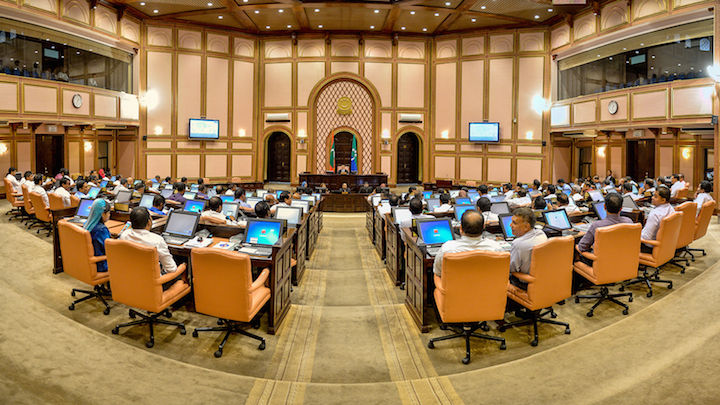How much is your MP worth?
The Haamakurey or “Make it Public” campaign appears to be gaining traction with eight of the 85-member parliament releasing financial disclosure forms. The campaign has exposed serious loopholes in current practices, but has also triggered a backlash from MPs of both the ruling and opposition parties.

07 Mar 2016, 09:00
By Hassan Moosa and Zaheena Rasheed
Eight MPs of the Maldives’ 85-member parliament have publicly declared their assets in response to a social media campaign launched by anti-graft NGO, Transparency Maldives.
National frustration is boiling over corruption.
An audit report published last month revealed that some US$80million was stolen from tourism leases by officials of President Abdulla Yameen’s administration.
Become a member
Get full access to our archive and personalise your experience.
Already a member?
Discussion
No comments yet. Be the first to share your thoughts!
No comments yet. Be the first to join the conversation!
Join the Conversation
Sign in to share your thoughts under an alias and take part in the discussion. Independent journalism thrives on open, respectful debate — your voice matters.




